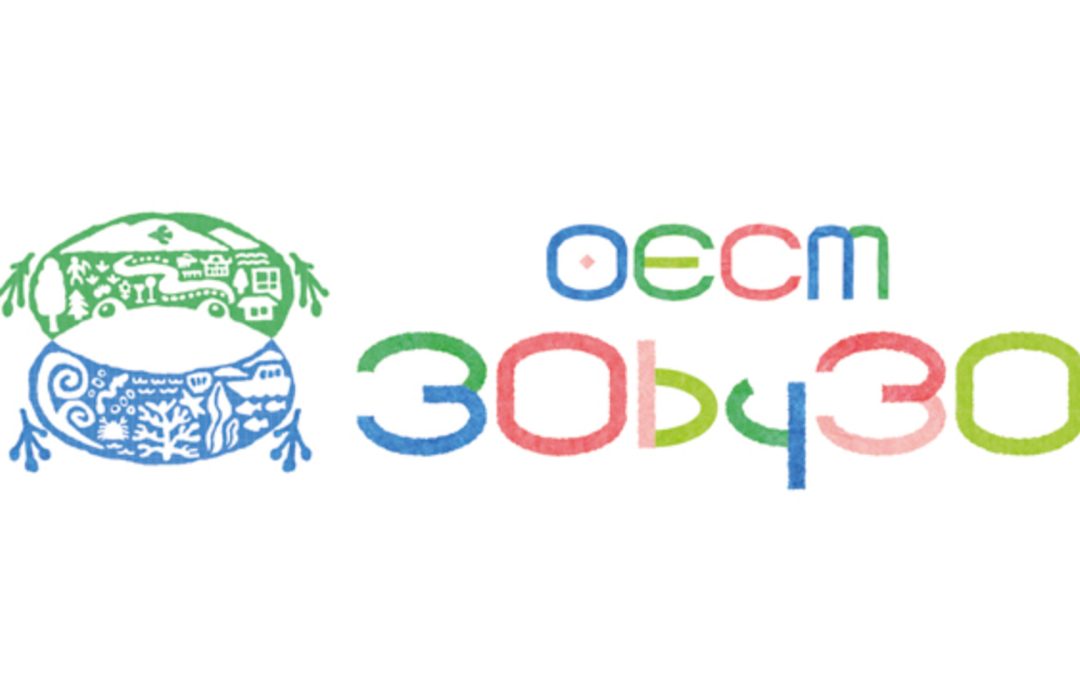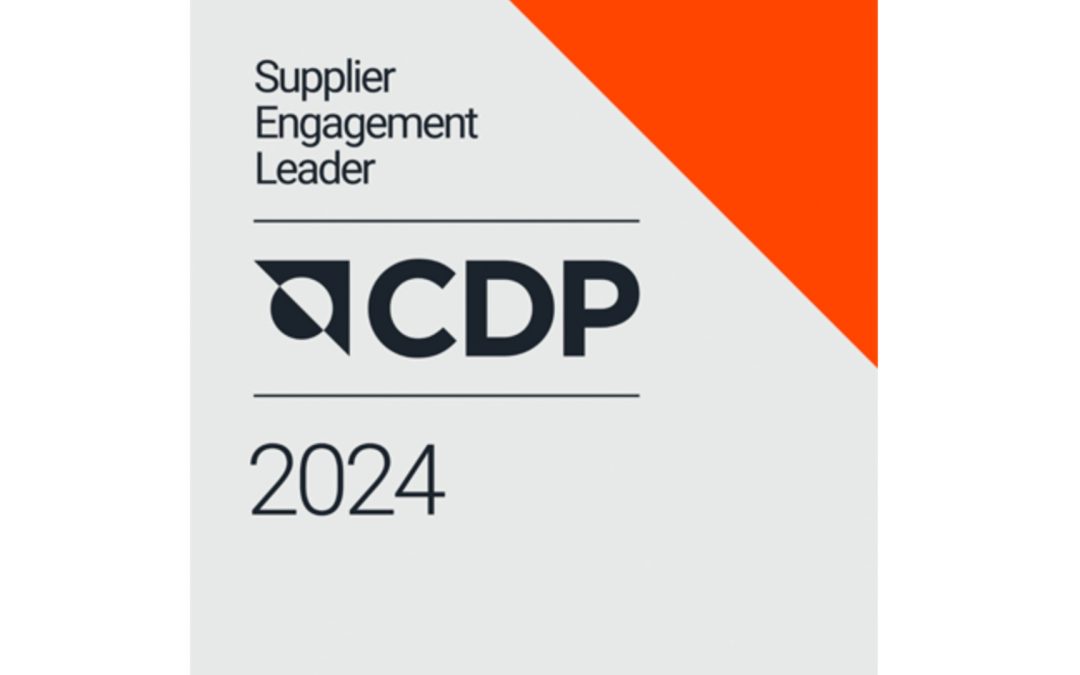HP has won certification for closed-loop e-waste recycling, raising industry standards.
HP has secured a significant step in its sustainability drive, gaining TÜV Rheinland certification for a closed-loop system that turns discarded laptops, monitors and keyboards into raw materials for new products.
The process, audited in Taiwan under international standards, offers a model of resource recovery that could reshape electronics recycling.
Unlike conventional shredding, HP’s system emphasises manual disassembly and classification. Each component — from screws to motherboards — is dismantled, washed, and separated to maximise material purity. The approach achieves a 65% recovery rate for ABS plastic from keyboards, equating to 0.65kg of reusable material per kilogram of waste. Monitor plastics achieve a 30% yield.
HP has also pioneered closed-loop recovery of metals from printed circuit boards, using shredding, leaching and electrolysis to extract electrolytic copper. The method yields between 200kg and 300kg of copper per tonne of discarded PCBs, all repurposed exclusively for HP.
TÜV Rheinland, drawing on two decades of experience in recycled material verification, audited the process against ISO 14021, EN 15343 and ISO 22095 standards, ultimately certifying five material categories. The body also provided technical oversight to ensure transparency and traceability across the chain.
With e-waste volumes climbing and regulators pushing for greater recycled content in products, HP’s initiative could influence the wider industry. The company plans to expand certification and increase recycled content in its future devices.




















